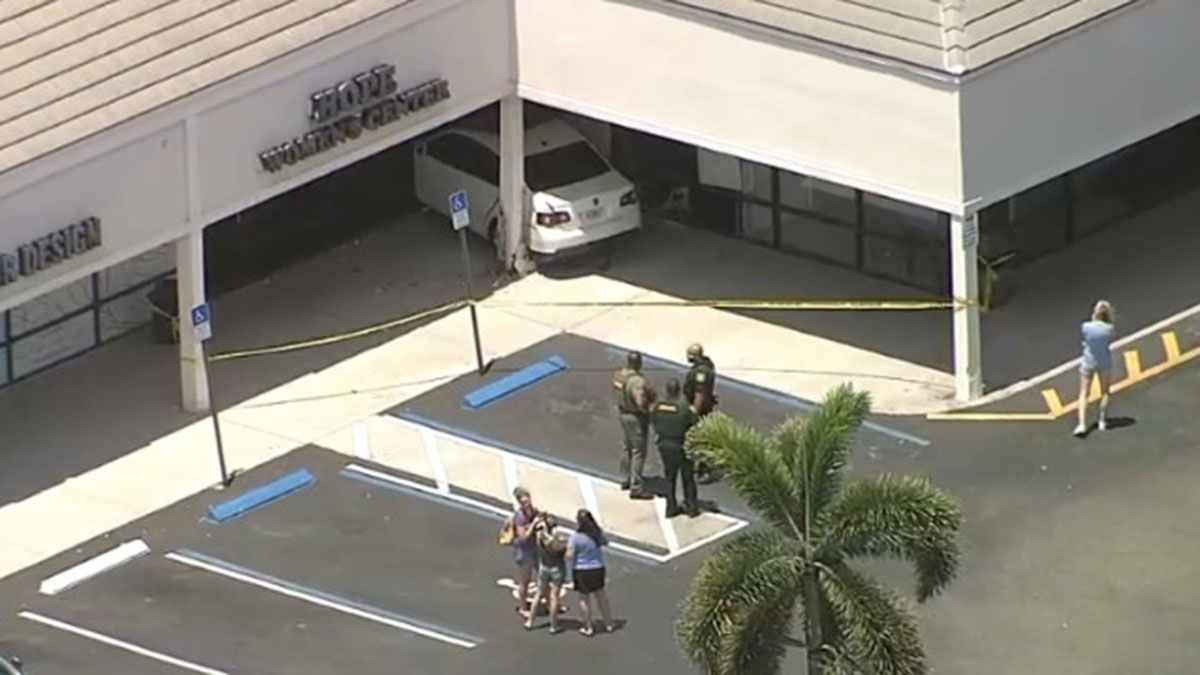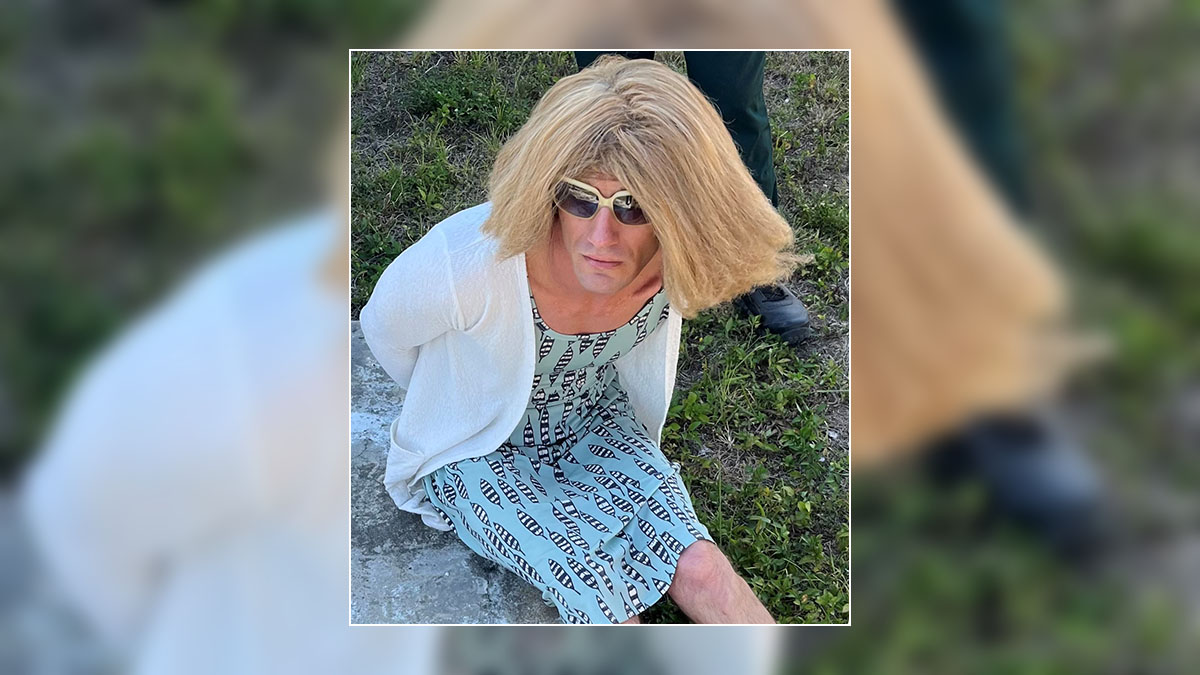The number of coronavirus cases at Residential Plaza at Blue Lagoon, an assisted living facility located in Miami, have more than doubled in just two weeks, but some families with loved ones there said they didn’t know much about it until it was too late.
“From Wednesday (April 8) on, I called multiple times and just couldn’t get through,” said Jorge Zamanillo, whose mother, Rosa, was a resident in the facility’s memory ward for about four years. “I couldn’t get any information, or make any decisions.”
Zamanillo says his mother’s hospice nurse, who did not work for Residential Plaza, told him she had tested positive for COVID-19 that day.
Three days later, Rosa died from the virus.
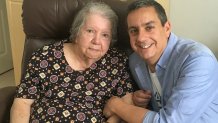
“By the time I gotta see her, she really wasn’t there. She was so beyond herself already,” Zamanillo told NBC 6 referring to the last time he saw his mother. “She hadn’t spoken or woken up since Wednesday afternoon.”
It was their first reunion in over a month, due to the visitors' restrictions at the state's senior care facilities, and one he could only describe with the word “tough.”
Local
"I got to say a final goodbye but it was definitely a little too late."
Jorge Zamanillo
Rosa Zamanillo is among three residents, from the facility, who have died after testing positive for COVID-19.
It’s a reality facing senior care facilities, like nursing homes and assisted living facilities, across the country.
State records show more than one of five people dying in South Florida counties are dying in these facilities. According to the most recent report from health officials, more than 2,300 people in them have tested positive for the virus.
It was not until weeks of efforts and calls for transparency that the state of Florida released the individual names of long-term care facilities with positive cases.
First COVID-19 Reports
Families at Residential Plaza say the first notifications about COVID-19 cases went out in letters in early April.
Suzana Fiat, whose grandmother was a resident at the facility, alerted NBC 6 after her family learned that four residents and four staff members had tested positive.
At the time, Fiat told us she didn’t understand how the virus spread.
“They haven’t let any family visit for about a month already, so how are these patients getting these positive tests now? Is it that they’re not taking the necessary precautions? Is it being brought in by employees, the cook, the nurses? What is that going on?” Fiat told us at the time.
NBC 6 Investigators discovered through a public records request that city of Miami fire crews started testing people in the facility in late March. Records show they have been dispatched multiple times to do more testing.
Dozens of Cases
Residential Plaza told NBC 6 Investigators that nearly 400 people have been tested for the virus at the facility. While most results came back negative, 26 residents and 12 staff members, who are isolated at home, have tested positive.
The facility says it's waiting to get 18 test results back.
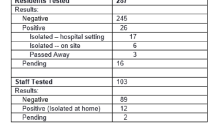
Fiat says she has since taken her grandmother out of the facility and is not planning to bring her back. She cites delays in disclosing details about COVID-19 cases as a reason.
“Because if the staff there isn’t being transparent there, how else are we supposed to know what’s going with our relatives?,” Fiat said.
In a statement, Barbara Galindo, Residential Plaza’s administrator told NBC 6: "We are committed to transparency as we battle this unprecedented disease, stretch resources, and learn to balance our obligation to the privacy of our residents and their families with the public's need to know.”
Galindo said the facility is holding weekly conference calls with families and that, upon receipt of a positive test result, they are notifying residents' primary contact and those who may have been at risk of exposure.
Zamanillo says this was not his experience, adding it was “aggravating” not to be able to communicate with the facility.
Protecting Vulnerable Residents
Zamanillo says family members deserve full transparency and disclosure.
“My concern is that the elderly, and those who cannot take care of themselves, are being considered as not as important as other people because of their age. I would hate to see them being disregarded that way,” Zamanillo said, adding he worries about elderly residents who don’t have relatives to advocate for them.
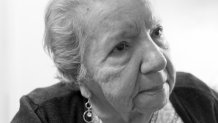
When asked about his mother, Zamanillo describes her as a loving wife, mother of four, grandmother and great-grandmother. He remembers her love for music and the arts.
“She was singing until that week she passed away,” he said.

